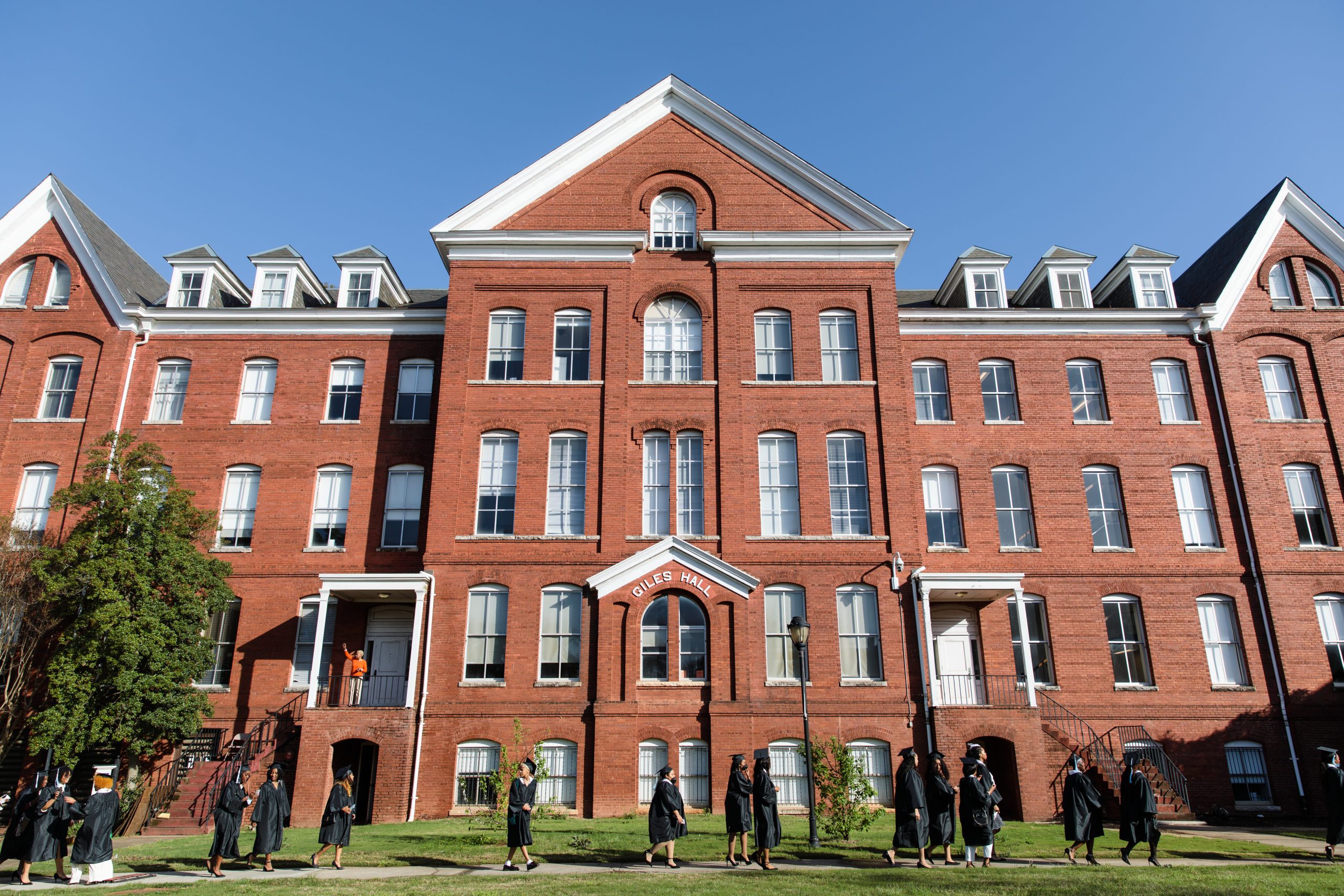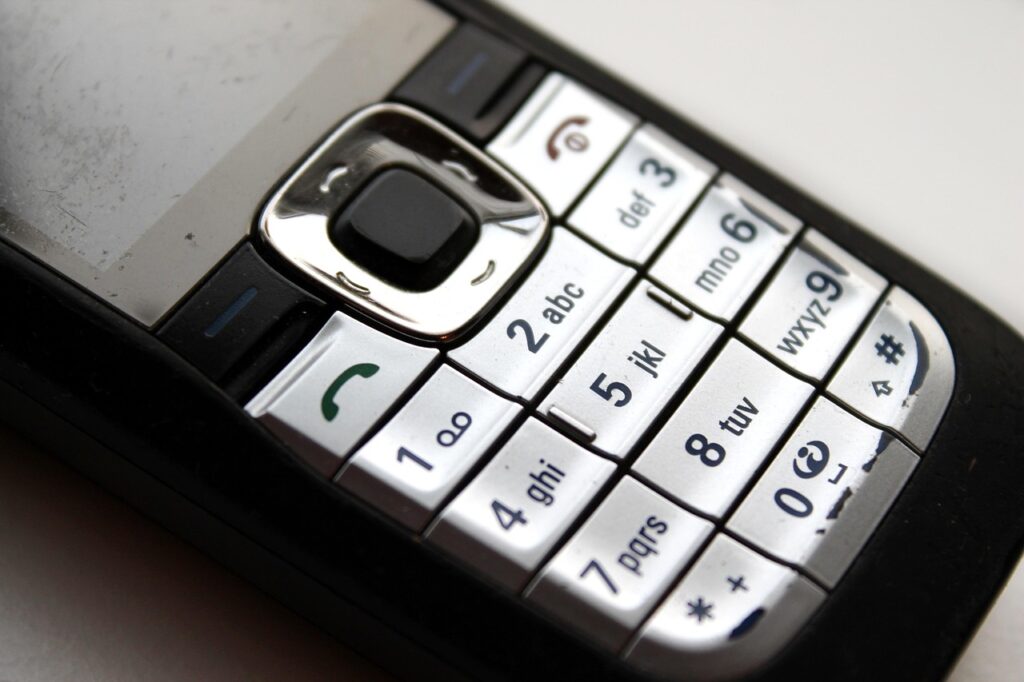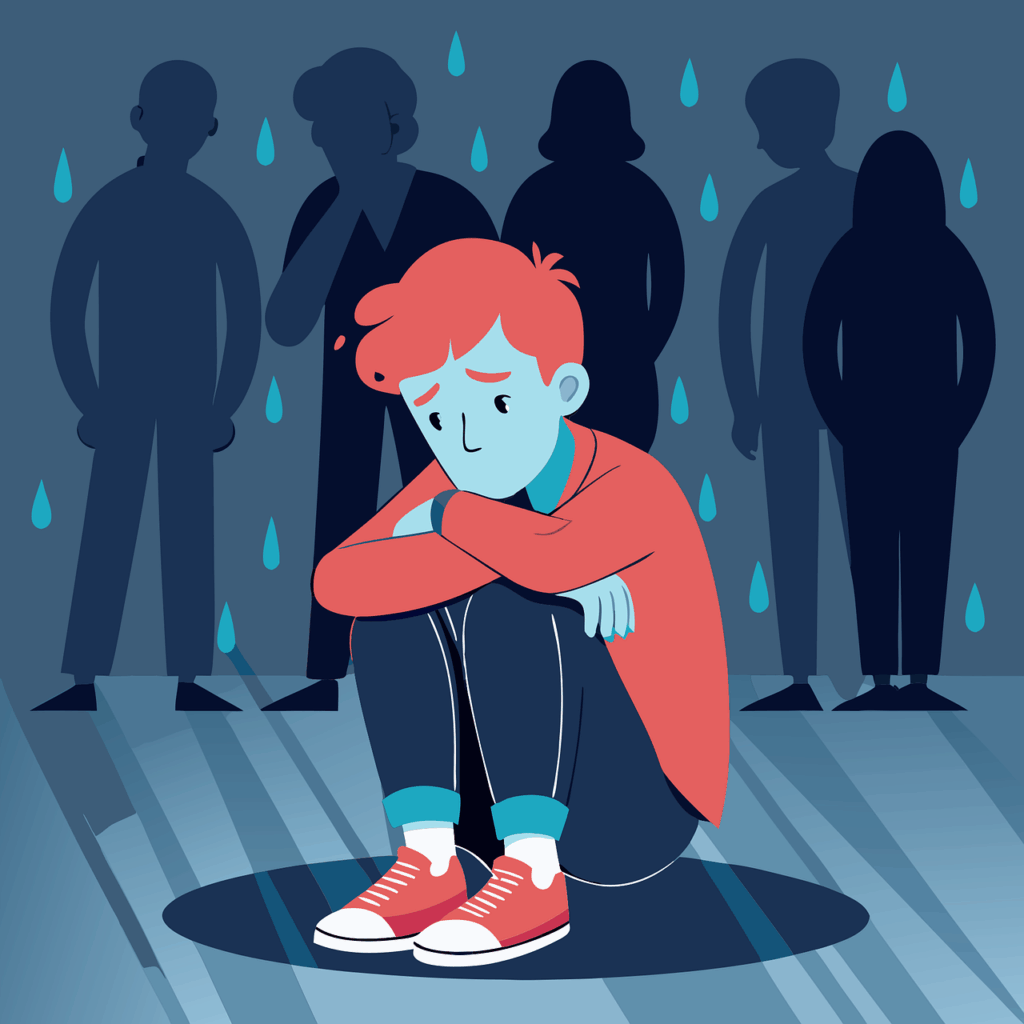
Okay, deep breaths, everyone! In a world that often feels like a never-ending generational war zone – Boomers vs. Millennials, Gen Z eye-rolls vs. Gen X sighs – it’s easy to think we’re all speaking different languages. But what if I told you there’s a secret handshake, a silent nod of agreement, between even the most seemingly disparate groups? We’re talking about those universal truths, those relics of the past that, honestly, *nobody* is really pining for anymore. Yes, even your Boomer uncle, who swears everything was better back in his day, probably breathes a sigh of relief that some things are officially, irrevocably, gone.
Seriously, let’s get real. The context from which our older generations emerged was a whole different beast. No Google, no instant answers, no digital safety nets. It was a world where resilience wasn’t just a buzzword on a LinkedIn profile; it was built the old-fashioned way, “through struggle.” While some of that grit definitely shaped a formidable generation, a lot of it also sounds, well, exhausting. And whether you’re a Millennial who can’t imagine a world without Wi-Fi, or a Boomer who secretly enjoys the ease of modern life (shhh, we won’t tell), there’s a surprising amount of common ground in what we’re all collectively *over*.
So, grab your avocado toast or your morning coffee (or both!), because we’re diving into 14 undeniable things that both Boomers and Millennials are officially done caring about. It’s time to unite across the age gap and collectively bid these relics a firm, “Seriously, Bye!” Get ready to nod along, maybe even crack a smile, as we explore the bygone eras that shaped us, and the modern comforts we’ve all come to appreciate. Let’s face it, some things are just better left in the past.
1. **Memorizing Phone Numbers Was a Survival Skill**Remembering a string of ten digits might sound like a parlor trick now, but “before smartphones, remembering 10-digit numbers was a life skill, not a party trick.” You couldn’t just pull up a contact; your brain *was* the address book. Forget someone’s number? “Too bad. You walked to their house or waited by the phone like a loyal retriever.” Imagine that commitment just to connect!
This wasn’t just about memory; it built “patience, and a sense of reliability that most people couldn’t fake today.” You were accountable for knowing how to reach people. This reliance on memory fostered a different kind of mental discipline, a constant engagement with essential information.
However, who really wants to go back to that? Millennials, with cloud-synced contacts, can’t fathom the mental load. And Boomers, who endured it, are likely secretly thrilled to have all their contacts neatly organized and searchable. We’re officially done with the stress of a mental Rolodex. The sheer convenience of modern contact management means we can use our brainpower for, well, other things.

2. **Teen Jobs Were Expected, Not Optional**”Boomers didn’t need motivation quotes to work. They were bagging groceries, flipping burgers, or mowing lawns before they could drive.” This wasn’t a choice; it was simply “expected.” The idea of a teen job being optional for extra spending money, rather than a fundamental part of growing up, would have been wild. If you were old enough, you worked.
These early jobs were formative, instilling a profound sense of responsibility and the value of a dollar. “Those first jobs taught them grit, humility, and the power of earning their own cash.” There was a direct correlation between effort and reward, a tangible understanding of hard work translating into financial independence. It wasn’t about “job-hopping” or “soft quitting”; it was about “getting it done or getting replaced.”
Fast forward to today, and the landscape is vastly different. While many teens still work, the societal expectation isn’t as uniformly rigid. Younger generations often prioritize education or extracurriculars. Boomers might occasionally grumble, but the intensity of that early work expectation, without modern safety nets or career flexibility, was tough. Millennials are definitely done with mandatory, often low-paying, soul-crushing work just for the sake of it.
Read more about: 15 Ingenious Victorian Life Hacks That Still Hold Up in Our Modern World

3. **Waiting Was a Way of Life**”There was no instant anything. No texts, no streaming, no next-day delivery.” Patience wasn’t just a virtue; it was the entire operating system. You waited for everything: letters took days, film developed over a week, and critical news arrived promptly at “the 6 o’clock news to tell you what happened that day.” Instant gratification was simply nonexistent.
This enforced slowness cultivated a distinct psychological muscle. “It sounds miserable, but it taught a rare muscle called patience. When everything isn’t available now, you learn to make do—and that’s a dying skill.” People adapted and developed a different relationship with time, with less frantic urgency.
Today, that “dying skill” of patience is practically a superpower. Millennials and Gen Z live in a world where information and entertainment are often just a click away. Waiting longer than a few seconds can feel like an eternity. The idea of *actively choosing* to wait, let alone being *forced* to, feels almost alien. Both generations are officially done with waiting being “a way of life.” We appreciate efficiency, speed, and the sheer joy of getting things done *now*.
Read more about: Your Ultimate Guide: 14 Financial Pitfalls Every Classic Car Collector Needs to Sidestep for a Successful Collection
4. **Getting Hit Was Just “Discipline”**This is one of those deeply uncomfortable truths from the past that both generations are, unequivocally, done with. The context bluntly states, “Back then, ‘timeout’ meant your dad’s arm got tired. Wooden spoons, belts, and switch branches were the norm, not abuse.” This was a widely accepted, if brutal, method of child-rearing. The idea that “you didn’t call social services—you learned not to do it again” highlights a societal acceptance now thankfully rejected.
The prevailing philosophy was that physical fear was a tool for instilling accountability and clear boundaries. “It sounds brutal by today’s standards, but it kept boundaries clear. Fear may not be healthy, but accountability sure was.” While the intention was to teach right from wrong, methods often inflicted lasting trauma rather than fostering genuine understanding.
Millennials, raised with a far greater understanding of child psychology, are overwhelmingly against such methods. The concept of “timeout” or positive reinforcement has replaced the belt. The shift reflects a societal evolution towards nurturing, empathetic approaches that prioritize a child’s well-being over immediate obedience. Very few, if any, would genuinely advocate for a return to “getting hit.” Both generations are undeniably “done caring about” physical punishment as an acceptable form of discipline.

5. **College Was a Privilege, Not a Promise**”Not everyone went to college, and no one cried about it. You learned a trade, joined the military, or found a job that paid the bills. Success wasn’t about degrees; it was about showing up and doing the work.” This paints a vivid picture of an era where higher education was a distinct path, not the default expectation it often feels like today. It wasn’t a universal promise or prerequisite for success.
The path to a fulfilling career was diverse, built on practical skills and direct experience. The context mentions, “Maybe that’s why so many Boomers can fix things without Googling ‘how to change a tire.'” This hands-on, learn-as-you-go approach fostered different expertise and self-reliance, valuing tangible abilities over academic credentials.
Today, the narrative around college has shifted dramatically. For Millennials, it often felt like a mandatory step, leading to massive student debt and intense pressure. The promise of a degree often felt heavier than the privilege. Now, Millennials are increasingly questioning the automatic assumption of college, exploring trades and alternative education paths. Boomers, seeing spiraling costs, might also be done with college as the *only* way. We’re all done with the rigid, singular definition of success tied solely to a university degree.
Read more about: From Swift to Queen Bey: 12 Celebrities Who Are Seriously Stepping Up to Help Students Tackle College Debt

6. **Privacy Was a Fantasy**”If you had a diary, your mom probably read it. If you had a phone call, someone picked up the other line. Boundaries didn’t exist, and personal space was a luxury.” This description of Boomer-era privacy (or lack thereof) is enough to make any Millennial recoil. Constant surveillance, whether intentional or incidental, was just a part of daily life.
While undeniably “frustrating,” this constant lack of privacy was also seen as a toughening mechanism. The context suggests, “it made you thick-skinned. When everyone’s in your business, you learn to hold your own and speak your truth louder.” Interactions were raw and unfiltered, demanding assertiveness.
Millennials, on the other hand, grew up in the dawn of the internet, developing complex relationships with digital privacy and personal branding. The very idea of someone routinely “picking up the other line” is foreign, bordering on invasive. They champion personal boundaries. Both generations are in agreement: the days of privacy being a mere “fantasy” are thankfully over. We’re all embracing the importance of boundaries, whether in our physical homes or digital lives.
Read more about: The Real Talk: 12 Shocking Reasons Why Celebrity Marriages Crash and Burn (Way Too Soon!)

7. **Healthcare Was Expensive and Distant**The context starkly reminds us, “You didn’t ‘book an appointment online.’ You prayed your local doctor had time. There were fewer specialists, longer drives, and no urgent-care safety nets.” This was a healthcare system that demanded immense self-reliance. Access was limited, specialist care was a rarity, and safety nets didn’t exist, making minor ailments feel like major challenges.
The approach to illness was often one of stoicism and “toughing it out.” “People didn’t run to the hospital for every headache; they toughed it out. It wasn’t glamorous, but it taught self-reliance—and that’s something today’s convenience culture could use.” This created a generation less inclined to seek medical intervention for every discomfort.
Millennials, while navigating their own healthcare challenges, operate within a system that offers more immediate access, diverse specialists, and urgent care options. “Toughing it out” without professional medical advice for anything beyond a common cold feels irresponsible. The “convenience culture” has driven the expectation for accessible health solutions. No one truly wants to go back to praying for a doctor’s appointment or enduring serious ailments without proper care. Both generations are united in wanting a healthcare system that is less “distant” and less of a gamble.
Okay, so we’ve already taken a wild ride through seven bygone eras that defined the Boomer experience, things that Millennials actively recoil from, and that our Boomer pals are secretly (or not-so-secretly) thrilled to leave in the past. But hold onto your hats, because we’re not done yet! There’s a whole other batch of “Seriously, Bye!” moments that both generations can totally agree on. Let’s dive into seven more aspects of life that once shaped an entire generation, but which we’re all collectively saying farewell to, with zero regrets.
Read more about: 15 Ingenious Victorian Life Hacks That Still Hold Up in Our Modern World
8. **Bullying Was Real and Unfiltered**This one is a tough pill to swallow, highlighting a stark difference in societal approaches to conflict. Back in the day, “there were no anti-bullying assemblies or safe spaces.” If you found yourself in a spat, the expectation was that “if someone picked a fight, you handled it after school and moved on.” It was a raw, often brutal, landscape where kids were left to their own devices.
Teachers largely stayed out of it, and parents were often none the wiser. The context notes, “Teachers didn’t step in, and parents rarely knew.” This hands-off approach was believed to build character. It was seen as a crucible where “it taught Boomers how to stand up for themselves. Conflict wasn’t canceled—it was survived.” The idea was that facing adversity head-on made you tougher.
But let’s be real, the trauma and lasting impact of unchecked bullying far outweigh any perceived benefit of “toughness.” Millennials, raised with a greater emphasis on emotional well-being and psychological safety, find this unfiltered reality utterly horrifying. The shift towards safe spaces, intervention, and zero-tolerance policies reflects a collective understanding that children deserve protection and support. Both generations are unequivocally done with the idea that bullying is just a rite of passage; we’re all for fostering environments where kids can thrive, not just endure.
Read more about: The Shocking True Story of the Stolen Car That Led to Elvis Presley’s First Record Deal

9. **Learning Meant Libraries, Not Google**Imagine this: You have a burning question, a research paper due, or just a random curiosity. Your first thought isn’t to whip out your phone; it’s to embark on a quest to the local library. For Boomers, “if you didn’t know something, you hit the library.” This wasn’t a quick stop; it was an event.
You’d “flipped through a card catalog, hunted down the right book, and hoped it wasn’t checked out.” This entire process was an exercise in patience and persistence. It “took time, focus, and effort. You didn’t scroll—you searched.” When the answer finally revealed itself, there was a profound sense of accomplishment. The context suggests that “when you finally found the answer, it stuck because you actually worked for it.”
While that deep engagement with knowledge sounds appealing, let’s be honest: who *actually* misses the sheer inefficiency of it all? Millennials, who have always had the world’s information at their fingertips, can’t fathom the time commitment. And even Boomers, proud as they might be of their analog research skills, are probably secretly celebrating the instant gratification of a quick Google search. We’re collectively done with learning being a laborious scavenger hunt; give us the facts, and give them to us now!
Read more about: Unlock Your Potential: The 10 Best Free Online Tools for Mastering In-Demand Tech Skills

10. **You Couldn’t Avoid People**In an age before “ghosting,” “blocking,” or even the dreaded “leaving them on read,” personal space in relationships operated on an entirely different plane. For Boomers, “if you had beef with someone, you saw them in person—at school, work, or the grocery store.” There was simply no digital buffer, no way to just vanish from someone’s orbit.
This meant that conflicts, misunderstandings, or even just awkward social dynamics had to be confronted head-on. The context points out, “That forced honesty and confrontation.” And, surprisingly, this constant, unavoidable interaction might have had its benefits: “It’s funny how being forced to face people made relationships stronger, not weaker.” It fostered a certain resilience and directness in communication.
However, in a world where we’re constantly connected and accessible, the idea of having *zero* control over who you interact with, or when, sounds utterly overwhelming. Millennials, who juggle a complex array of digital and real-world relationships, have learned the art of setting boundaries. While direct communication is golden, the *inability* to ever avoid someone sounds exhausting and suffocating. Both generations are united in appreciating the modern power to curate our interactions, ensuring our peace of mind.
Read more about: Mastering Metal: 12 Vintage Vehicles Worth the Full Restoration Journey for Every Enthusiast

11. **Travel Was Rare and Earned**Forget Instagram-worthy travel feeds or weekend trips to exotic locales. For Boomers, the concept of a vacation was a monumental undertaking, something to be meticulously planned and deeply appreciated. “Vacations weren’t every summer.” The sheer cost and logistical hurdles meant that “plane tickets cost a fortune, and road trips meant car sickness and paper maps.” It was a significant investment of time, money, and effort.
Because travel was such a rarity, its value was magnified. “But when you finally got there, it mattered.” Every moment was savored, every vista admired. The context suggests, “Boomers learned to appreciate the journey because it wasn’t guaranteed. Maybe that’s why they still stop to admire the view instead of taking selfies of it.” It wasn’t about the quantity, but the quality and deep appreciation.
Today, Millennials have fundamentally shifted the paradigm, embracing budget travel, hostels, and seizing every opportunity to explore the world *now*, rather than waiting for retirement. The idea of travel being a once-in-a-blue-moon luxury, or something you only do when you’re “old,” just doesn’t compute. While we can all appreciate the deep gratitude Boomers had, both generations are firmly done with travel being an inaccessible dream. Give us those cheap flights and adventurous weekends, please!
Read more about: Literary Titans: Unveiling the World’s Most Prolific and Influential Best-Selling Fiction Authors

12. **Dress Codes Actually Mattered**Stepping out in public, especially for school or formal events, came with an unspoken rulebook that was strictly enforced in the Boomer era. “You didn’t wear hoodies to class or sneakers to church. Appearance showed respect, not rebellion.” The emphasis was on conformity and presenting oneself in a manner deemed appropriate for the setting.
And woe betide anyone who dared to challenge these norms! “Schools sent kids home for long hair or short skirts, and that was that.” There was no debate, no discussion; the rules were the rules. The underlying philosophy was that “it wasn’t about vanity—it was about discipline. Dressing right told the world you cared, and that mindset bled into everything else they did.” Your attire was a reflection of your character and respect for institutions.
Today, while professionalism and appropriateness still hold weight, the rigid policing of personal appearance feels outdated and stifling. Millennials, especially, champion self-expression and individual style, seeing clothing as a form of identity. While we can appreciate the discipline instilled, the constant judgment and forced conformity of strict dress codes are definitely something both generations are done with. We’ll take comfort, personal style, and a little less sartorial judgment, thank you very much!
Read more about: Reclaiming Your Life: How One Teacher Mastered the Art of Quiet Quitting for Two Years to Thrive While Still Getting Paid

13. **Failure Wasn’t Padded with Excuses**In the Boomer era, the consequences of missteps were often immediate, stark, and utterly unapologetic. There was a prevailing mindset that “if you failed a class, you repeated it. If you missed work, you didn’t get paid.” There wasn’t much room for nuance or extenuating circumstances.
The context is quite clear: “No one blamed ‘burnout’ or ‘mental blocks.'” These modern concepts, which acknowledge the complexities of human performance and well-being, simply weren’t part of the conversation. Instead, “consequences were part of life, and Boomers understood that early. It didn’t make them cold—it made them capable.” This forged a generation known for its resilience and ability to “get things done.”
However, while personal responsibility is undoubtedly a valuable trait, the complete absence of empathy or understanding for underlying struggles feels incredibly harsh to Millennials. We’ve learned that a punitive approach to failure often discourages growth and masks deeper issues like burnout or mental health challenges. We’re collectively done with a world where every failure was solely a personal failing, with no safety net or opportunity for compassionate understanding. Let’s learn from mistakes, but let’s also foster a culture that supports recovery and growth, rather than just brutal consequences.

14. **News Came from Three Channels and a Newspaper**Cast your mind back to a time when information wasn’t constantly flowing into your pocket. For Boomers, the news landscape was remarkably simple: “Boomers didn’t have algorithmic feeds; they had Walter Cronkite and trust.” The evening news and the morning paper were the primary conduits for understanding the world, and there was a general assumption of reliability.
With fewer sources, there was a certain clarity. “Fewer options meant more focus and less noise.” You didn’t have to wade through endless debates or question every single headline. The context notes, “Whether that was better or worse is up for debate—but at least they didn’t drown in misinformation.” This created a shared cultural narrative, even if it lacked diverse perspectives.
Today, Millennials navigate an overwhelming, 24/7 news cycle, rife with countless sources, conflicting narratives, and the constant threat of misinformation. While the Boomer era might have had “less noise,” it also meant less diversity of thought and much slower information dissemination. We’re officially done with waiting all day for the news, or relying on just a handful of gatekeepers. Give us instant updates, diverse perspectives, and the tools to critically evaluate everything we consume – even if it sometimes feels like drinking from a firehose!
Read more about: Beyond the Benevolence: Unpacking the 14 Worst Financial Scandals to Rock Celebrity-Linked Charities
And there you have it! From ditching the constant battles of unfiltered bullying to embracing a world where news is a never-ending stream, it’s clear that while Boomers and Millennials might seem like they’re on different planets, there’s a surprising amount of common ground in what we’re all ready to wave goodbye to. It turns out, moving forward means letting go of some serious relics from the past, and both generations are enthusiastically onboard with that. So, here’s to progress, shared relief, and the sweet, sweet sound of “Seriously, Bye!” to all those things we’re collectively over. What a journey, right?






